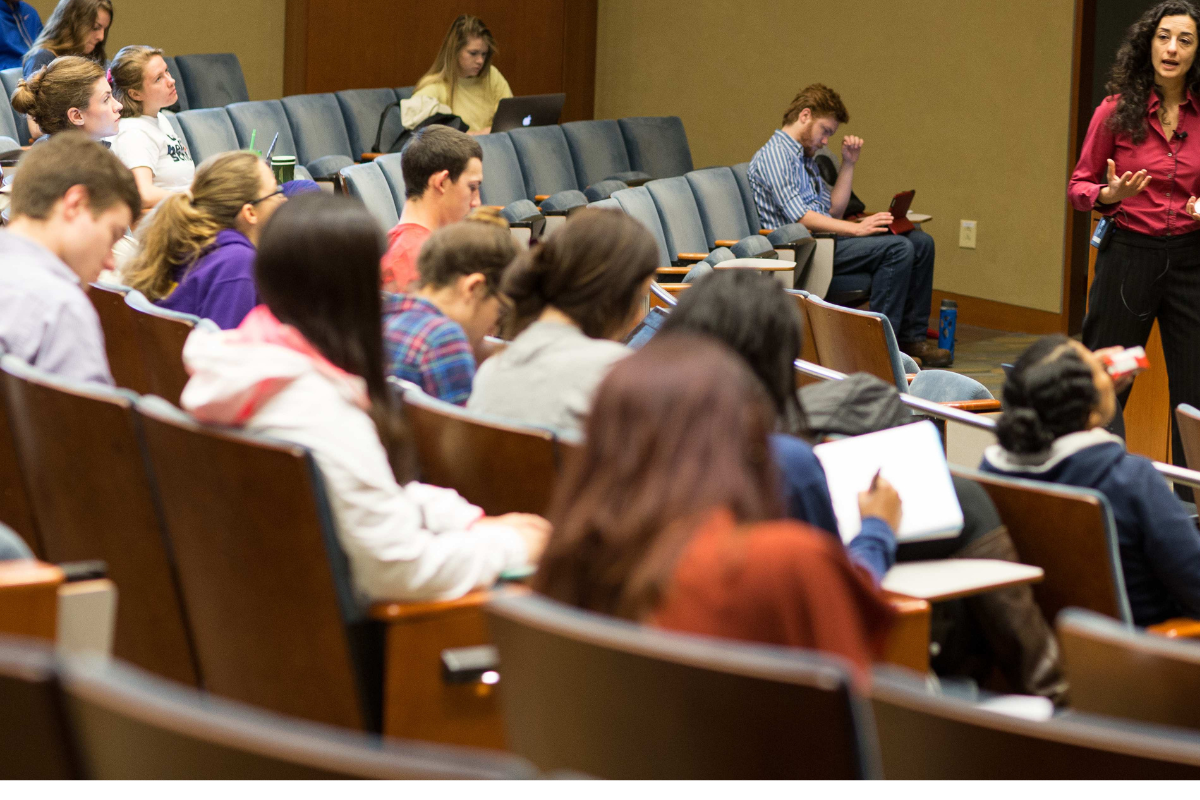Peer Mentoring Improves College Success for Lower-Income Students
 In 2021, Batten Associate Professor Ben Castleman and colleagues posted a working paper demonstrating that peer mentoring delivered at a national scale generated large improvements in college enrollment quality for lower-income students.
In 2021, Batten Associate Professor Ben Castleman and colleagues posted a working paper demonstrating that peer mentoring delivered at a national scale generated large improvements in college enrollment quality for lower-income students.
In an updated research brief this month, Castleman and Dr. Kelli Bird, assistant professor at the School of Education and Human Development, show a sustained positive effect of peer mentoring on college persistence several years after high school.
Related Content
Benjamin Castleman

